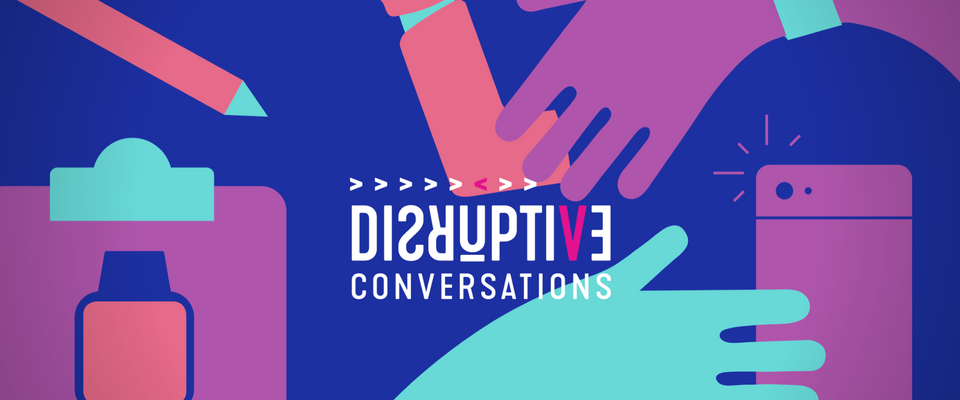In this mini-series, we explore how patient-generated data is being used to redefine the patient experience. This mini-series if funded by the Robert Wood Johnson Foundation and is a partnership between Reos Partners and Disruptive Conversations. In this mini-series, we explore three examples, or use cases, of how patient-generated data is being used to redefine the patient experience.
Patient-generated health data refers to data that is collected by a patient. A patient can collect this data in a number of ways, they can record data throughout the day, they can use wearable devices or data can be passively collected through a number of different kinds of technology.
In this mini-series, we explore how one team, Reos Partners, helped facilitate Disruptive Conversations in three examples. Each example explores how innovators are rethinking, reimaging, and repurposing traditional ways of working.
In these episodes, you will learn how data is being used as a medium through which patients and providers can collaborate on decisions that improve health outcomes. This new approach is not without its challenges. For example, many providers have concerns about the validity of the data. Other approaches place too much burden on the patient. Too much responsibility for them to collect data without being clear on if and how that data will be used. Perhaps most concerning of all is how can the data be used or misused?
I this mini-series, we explore many of these concerns. In each episode, we reveal how the patient can be an innovator when thinking of solutions in healthcare. We explore unlikely players and partnerships to demonstrate how some providers are inventing novel solutions to common healthcare problems.
This mini-series was funded by the Robert Wood Johnson Foundation, the United States’ largest philanthropy dedicated solely to health. The foundation is focused on building a national “culture of health” that looks beyond the healthcare system to the wide range of powerful personal, cultural, and socioeconomic factors that influence health.
- Use case #1: (Chapter 1) is with Propellar Health – https://www.propellerhealth.com/
- Use case #2: (Chapter 2) featured Sean Munson and his team at the University of Washington – http://www.smunson.com/
- Use case #3: (Chapter 3&4)) featured Ryan, a veteran in the Road Home Program. This episode was broken into two parts – https://roadhomeprogram.org/
- The final episode: (Chapter 5) focused on process and featured Reos Partners – https://reospartners.com/
